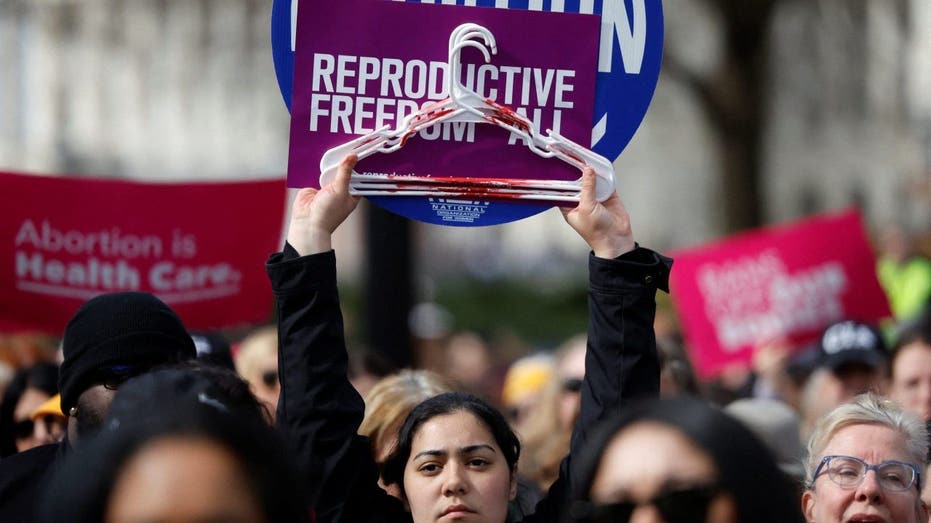Criminals are harnessing the latest tech. So the police must too
Criminals and fraudsters are only becoming more tech-savvy; if we want to stop them, so must we, writes Lord Mayor Michael Mainelli.


Criminals and fraudsters are only becoming more tech-savvy; if we want to stop them, so must we, writes Lord Mayor Michael Mainelli
In recent weeks, the City of London Police have played an important role in reassuring City residents, workers and visitors following riots and disorder across the UK. I’d like to thank them for their dedication.
Behind the scenes, our police are also busy tackling “hidden” crimes – like economic crime – which pose a huge threat to the City’s status as a leading global financial centre.
The theme of this mayoralty, ‘Connect to Prosper’, celebrates the ‘knowledge miles’ of our Square Mile. And the City’s expertise on fraud, economic and cyber-crime is one of our most important – and growing – ‘knowledge miles’.
In addition to being the Square Mile’s dedicated police force, the City of London Police also acts as the National Lead Force for fraud and the National Police Chiefs’ Council lead for economic and cyber-crime.
Economic crime (i.e. money laundering, identity theft) has grown significantly as new technologies develop and, in turn, are exploited. In the latest Crime Survey for England and Wales, fraud and computer misuse accounted for around 50 per cent of estimated crime, though it is believed 90 per cent of frauds and scams go unreported.
These crimes not only undermine the integrity of financial systems, but also pose significant threats to our economic stability and national security.
If we view our professional and financial services as the beating heart of our economy, economic crime is a disease that threatens to interfere with that vital function. Addressing it must be seen as a foundation for a prosperous economy.
Working alongside private partners, the City of London Police is working to eradicate it – for example, through the Dedicated Card and Payment Crime Unit, which has achieved industry savings of £750m by preventing and disrupting fraud.
And, next year, the City of London Police will launch a replacement for the fraud and cybercrime reporting service, Action Fraud, which will make it easier to report fraud and cybercrime and protect more people and businesses.
Meanwhile, as part of its ‘Take Back Our Streets’ mission, Labour has vowed to introduce a new, expanded fraud strategy and to work with tech companies to stop their platforms being exploited by fraudsters.
There is a saying that “the opposite of danger is taking risks”. In the cyber space, I believe that is truer than ever.
During our term as sheriffs of the City of London, my fellow sheriff Chris Hayward and I sought to start a discussion about how we can strengthen and simplify the UK’s response to money laundering, which is estimated to cost the UK economy more than £100bn a year.
Our suggestions – none of which require new legislation – included hosting a repository of anonymised, open-source databases for testing AML systems: evaluating automated systems’ accuracy against real-life data by measuring the rate of false positives and false negatives.
If fraudsters are harnessing the latest technology to target businesses and individuals, we must do the same to target them, and to protect and give confidence to the public.
So, I was pleased by the government’s announcement of a Digital Information & Smart Data Bill that will establish digital identity products to help the public quickly and securely share key information about themselves, to help with things like opening a bank account. It would also enable the creation of “smart data” schemes, which would allow for the secure sharing of customer data with authorised third-party service providers.
This move will hopefully help to create a more secure, customer-focused banking experience, and I will be following the Bill’s progress with interest.
If we want people to bank in the City, they must feel they can bank on the City. So, we must keep collaborating to eradicate the scourge of financial crime.



